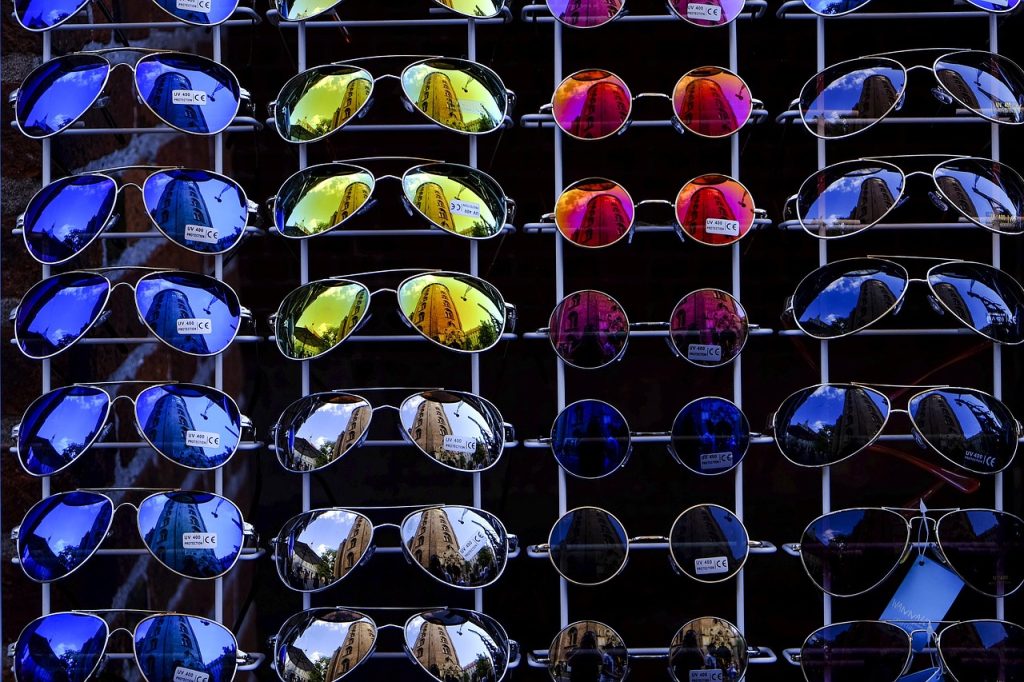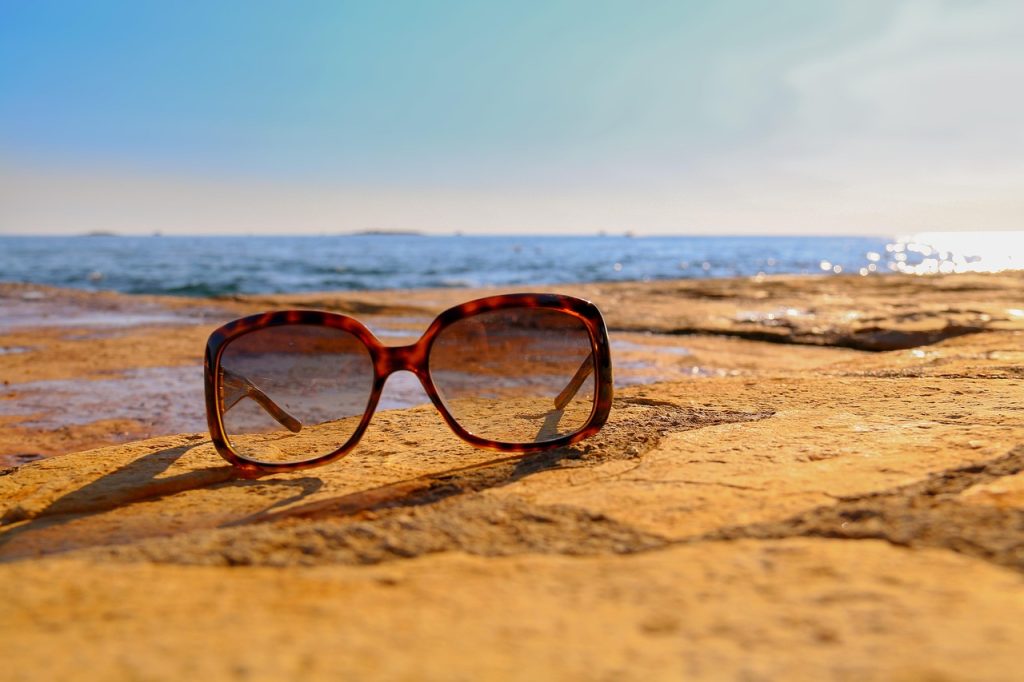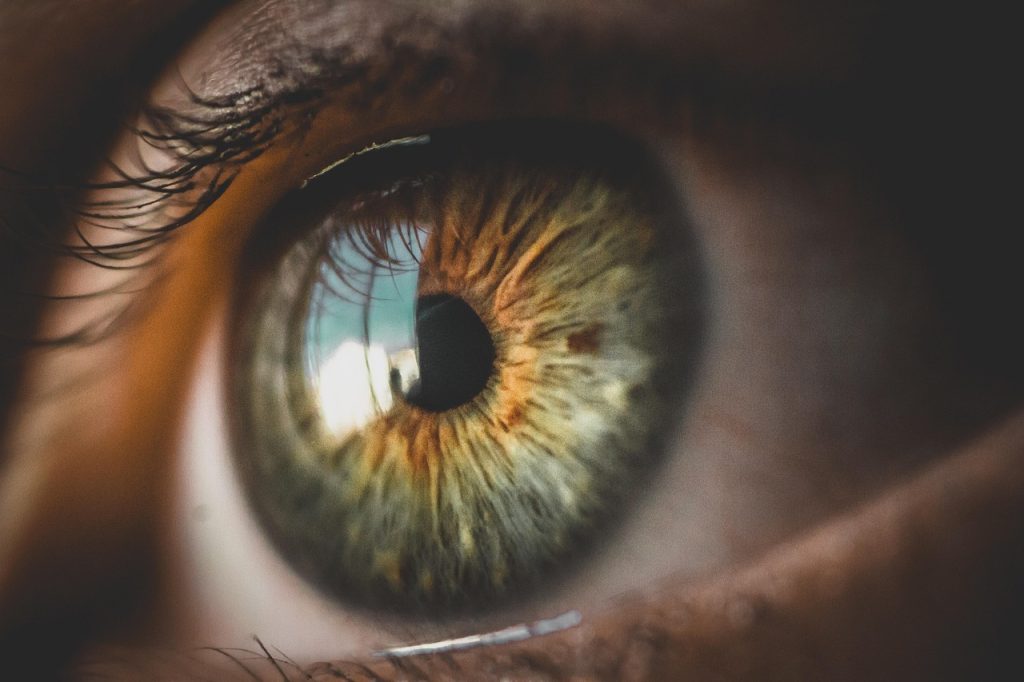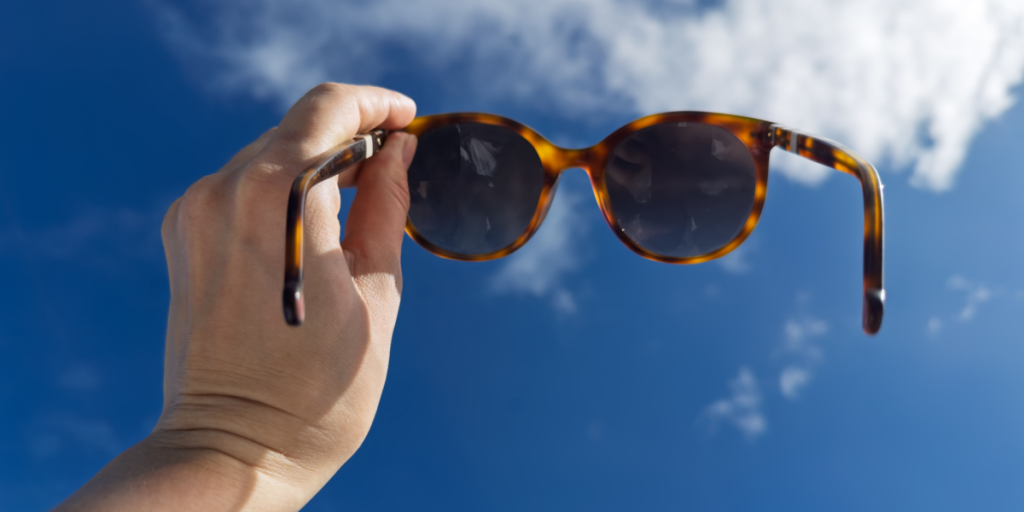Don’t Let Your Sunglasses Fool You — Check This First
Others are reading now
Most people wear sunglasses when the sun is out. It feels natural. You squint less, and your eyes feel more relaxed.
But not all sunglasses are created equal. Some may even do more harm than good, according to Videnskab.
Exposed to Harmful UV Radiation

A new study in Scientific Reports shows that some sunglasses don’t block enough UV rays. In fact, certain low-quality sunglasses can let more harmful UV radiation into your eyes than if you didn’t wear any glasses at all.
That’s because dark lenses cause your pupils to widen. If the lenses don’t filter out UV light, your eyes take in more of it.
Also read
They Tested 200 Models

The study tested over 200 different sunglasses. The researchers used models and real measurements to see how much UV radiation reaches the eyes under different conditions.
They found that it’s not just about the size of your pupils. It’s also about your field of vision. Without sunglasses, you squint.
The Illusion of Protection

That helps block some of the UV rays naturally. But with sunglasses, you don’t squint. So, if the lenses don’t filter enough UV light, your eyes are more exposed.
To protect your eyes properly, your sunglasses should offer UV400 protection. This means they block UV rays up to 400 nanometers.
How Much Protection Is Enough?

The “CE” mark only guarantees protection up to 380 nanometers. That’s not always enough.
You can’t tell the quality of UV protection just by the price or the color of the lens. Always check the label or ask your optician.
The Issues Bad Sunnies Cause

UV damage to the eyes builds up slowly. It can lead to cataracts and other diseases over time.
Even on cloudy days, UV rays can get through. Experts recommend wearing proper UV-protective eyewear whenever it’s bright outside.
Don’t rely on dark lenses alone. It’s the invisible protection that matters.


